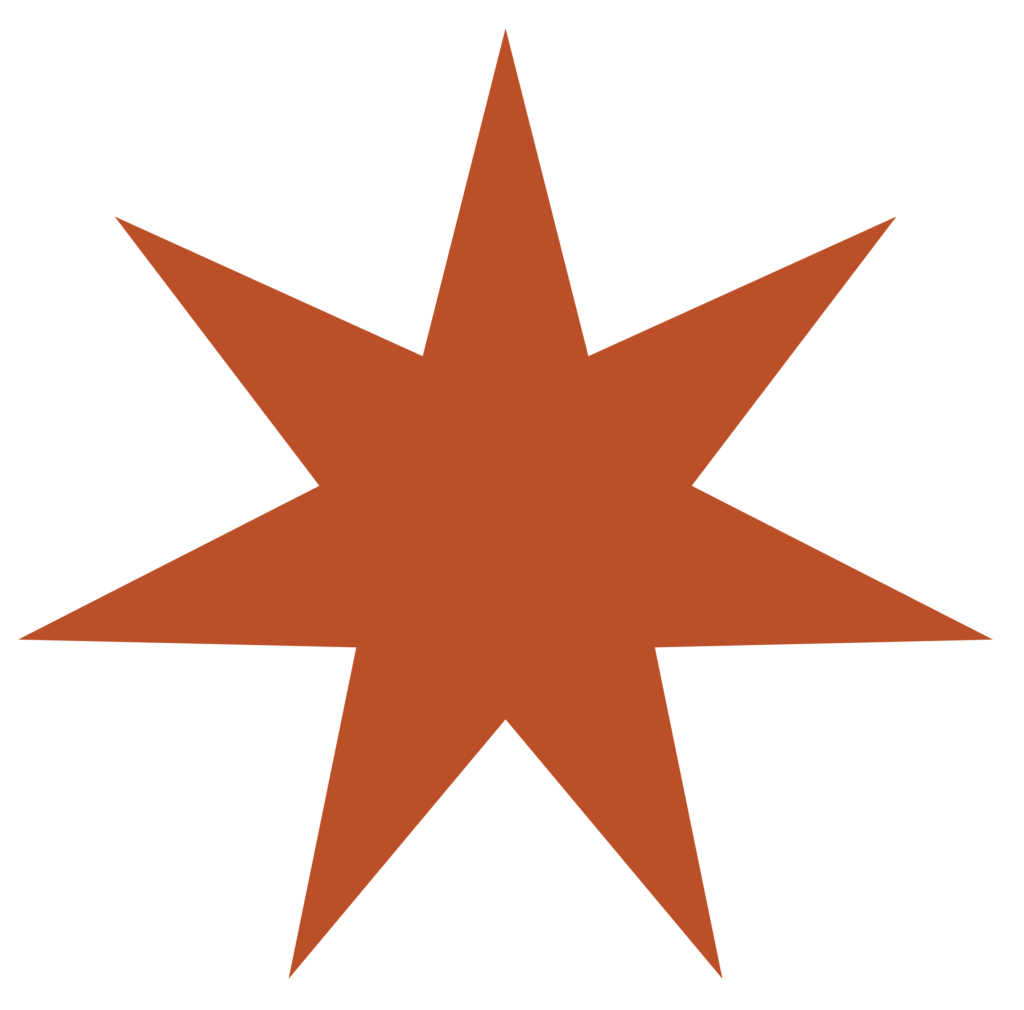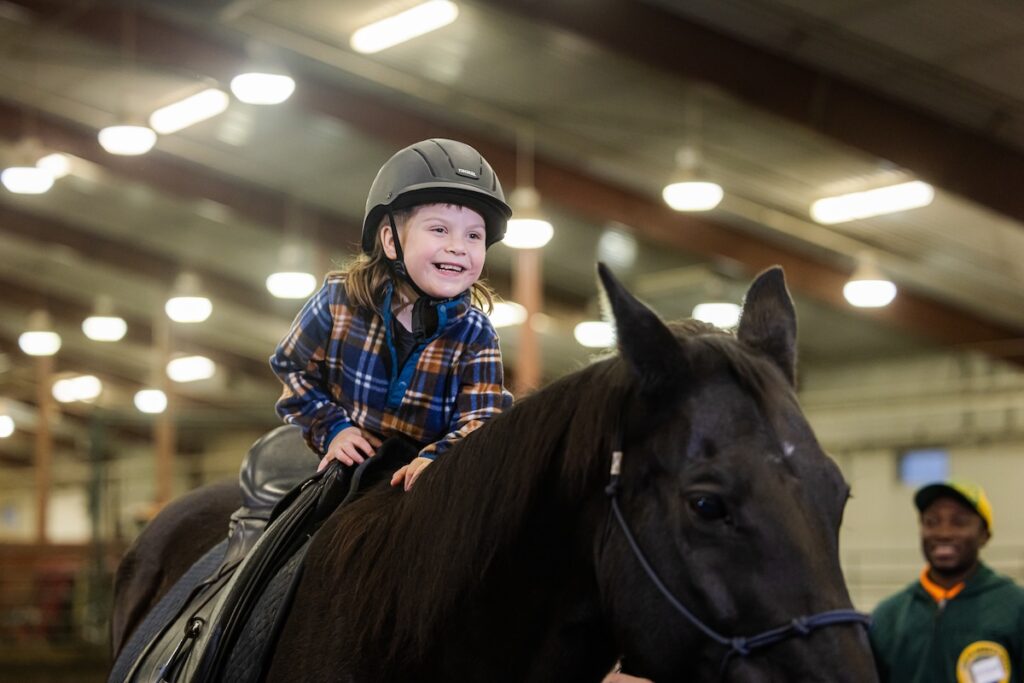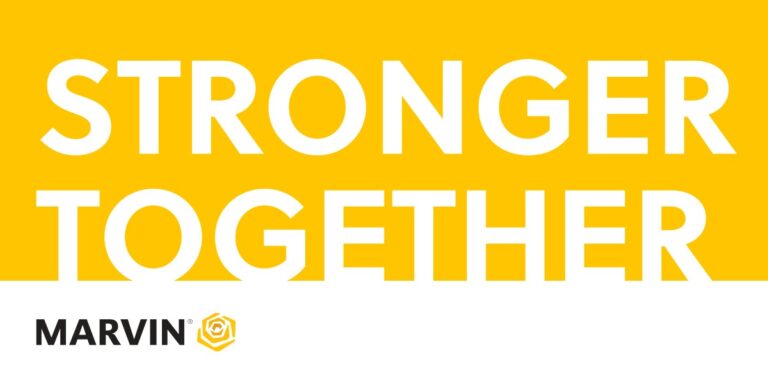Marvin’s partnership with NDSU is a testament to the power of community, innovation, and the belief that anything is possible.
Read MoreTiny cowboy boots and sneakers kick up dirt as kids between the ages of 4 and 6 walk down the corridor of the NDSU Equine Center. They toss their coats to their parents on the bleachers and patiently wait for volunteers who help ensure their helmets are safely buckled on.
Bison Strides volunteers and staff lead horses from their stalls into the gated arena. Cutter, a 16-year-old palomino quarter horse, is spotted by 7-year-old Teddy, his number one fan. Teddy whoops and hollers, laughing, and bounds into the arena and up a set of portable stairs, accompanied by volunteers.
With help from Dr. Erika Berg, Bison Strides program director and NDSU associate professor of animal sciences, Teddy confidently takes hold of Cutter’s white mane, swings his leg over the saddle, and waves to his mom with a toothy grin.
Teddy has a developmental delay, which means he has been slow to reach developmental milestones. According to his mom, Kelli Leeman, that means that Teddy’s path to things like crawling, walking, and talking has been “at his own pace.”
He started hippotherapy through Bison Strides physical and occupational therapy sessions that incorporate equine movement, offered in partnership with Beyond Boundaries Therapy & Wellness.
Kelli says that within a few months of hippotherapy sessions, she could see changes in Teddy. His posture got straighter. He could engage his core. He was willing and able to pay attention to and engage with the volunteers. When he got off the horse, Kelli says, he looked stronger and more alert.
And he was happy.
“This [program] is what keeps our family in Fargo,” Kelli says as she waves back to him.



Teddy Leeman, a Bison Strides adapted horsemanship session participant, rides award-winning Bison Strides quarter horse Cutter with assistance from program director Dr. Erika Berg. In 2024, Cutter, a palomino quarter horse owned by Keith Johnson, was honored with the North Dakota Veterinary Medical Association Professional Animal Hall of Fame Professional Award and named the PATH Intl. Region 6 Equine of the Year.
What the Leeman family has access to here is unique. Bison Strides is accredited by the Professional Association of Therapeutic Horsemanship International (PATH Intl.), meaning it achieves high standards in administration, facilities, and programming for equine-assisted services. As the only Premier Accredited Center in North Dakota, it meets the highest level of quality and safety requirements.
The program is supported by philanthropy and volunteers, including NDSU students and students in the North Dakota University System (NDUS).
Three specially trained NDSU student volunteers support Teddy as he rides around the arena. Two of them secure his bright red sneakers in the stirrups and hold his feet in place. When Teddy is ready to ride, a third leads Cutter around poles and traffic cones.
In time, Teddy lifts both arms like an airplane, leaning left, then right. Eventually, he is riding in two-point position, his seat off the saddle, using the strength in his legs, a balanced core, and his hands on Cutter’s neck for stability — a far cry from the scared little boy who, a couple of short years ago, was just getting the hang of walking and struggled to go up the platform steps.
In every trip around the arena, Teddy joyfully waves at Kelli in the bleachers, his dimples visible even from a distance. “Mom! Hi, Mom!” Cutter (who Kelli calls her “third son”) continues to move calmly and confidently as he carries Teddy.

Benefits Beyond the Arena

Equine-assisted services can yield a wide range of benefits from physical to psychological, like improving participants’ motor skills, self-esteem, sensory input and attention, auditory processing, and more.
Erika, who founded Bison Strides in 2017, points out that equine-assisted services are not for everyone, but for many people can yield extraordinary results.
Studies have shown the myriad physical benefits of equine-assisted services. According to PATH Intl., therapeutic riding can be a great source of exercise for individuals who may otherwise experience limitations or challenges from amputations, brain injuries, cerebral palsy, or muscular dystrophy. With varying degrees of support from side walkers and adapted equipment, many riders experience improved balance, posture, and coordination after equine-assisted interventions.
“When a person sits astride a walking horse, their pelvis moves the same way it would if they were walking on their own two feet,” Erika described. “If the neuromuscular system is intact and the muscle strength is there, the horse’s movement gives the muscles and brain a pattern to follow: ‘This is how you can walk.’”
Individuals with learning disabilities may learn through visual, auditory, and kinesthetic methods while learning to ride a horse. According to PATH Intl., a horse’s response to direction and aids from the rider is natural positive reinforcement for the rider and helps participants build skills and confidence.
Some participants, for example those with an autism spectrum disorder, may instead be looking for sensory input into their body — the “big movement” of being on a horse, Erika says, can help riders pay attention and regulate their bodies.
The Bison Strides military and veterans horsemanship program and equine-assisted learning program focus heavily on the mental and emotional benefits of equine-assisted services. Participants focus on groundwork and relationship-building with horses, including brushing, grooming, and leading, or simply spending time petting or talking to the horses. This dedicated time provides participants opportunities for self-reflection, emotional awareness, and stress relief.
“There are so many therapeutic benefits that come from partnering with horses in different ways,” Erika, who is a PATH Intl. Certified Advanced Therapeutic Riding Instructor, said. “We want [participants] to be able to live their life outside the barn with the same skills and strengths that they find with the horses.”

The four different Bison Strides programming options serve individuals from the Fargo-Moorhead community and beyond, including children as young as 4 years old, teens with behavioral or mental health diagnoses, adults with disabilities, and military service members and veterans.
“As a land-grant institution NDSU is committed to serving all of its citizens,” Erika said. “The horse is really the great equalizer.”

A Statewide Effort

Through Bison Strides, NDSU and NDUS students from across the state gain hands-on experience through volunteering. The list of volunteers includes undergraduate students in equine science who are earning a minor in equine-assisted services and graduate students who are pursuing degrees in clinical mental health counseling or earning prerequisites for continued education in veterinary medicine, occupational therapy, or physical therapy.
Haley Maro ’25 is one of these volunteers. An NDSU senior studying equine science with minors in human development and equine-assisted services, she teaches therapeutic riding lessons under Erika’s supervision as part of her Certified Therapeutic Riding Instructor certification.
Haley knew from a young age that she wanted a career in therapeutic horseback riding. NDSU stood out as the right university for her because of its robust equine science program plus the unique opportunity to work with a specialized program like Bison Strides.
Bison Strides is one of only 14 PATH Intl. Higher Education Members in the country, meaning students receive valuable hands-on experience and research, preparation to become certified instructors, and opportunities to graduate with a degree and practical industry-leading certifications.
For Haley, it’s impactful to see the participants’ confidence grow during their sessions.
“The fact that they can take ownership and … not feel like they’re being held back or left out is incredible,” she said. “It’s been so cool to make accommodations for people and get them involved in a really amazing experience.”
Bison Strides is also supported by farmers and ranchers from across the state who lease or donate their horses to the program.
Erika says she is always looking for horses. Bison Strides horses must be at least 6 years old; be able to walk, trot, and canter; and have a symmetrical gait, plus numerous other training and size requirements.
Keith Johnson, a rancher from Sharon, North Dakota, has leased his horses to NDSU’s equine science program for years. In 2019, Erika noticed that one of them had an especially unique, gentle disposition: Cutter. Keith has been a faithful partner of Bison Strides ever since and has now leased a second horse to the program.
For Keith, it’s all about the impact. He says that seeing kids like Teddy have positive experiences with horses is a “bright spot” for him and his wife, Becky ’73 — they receive photos and videos of Cutter and Teddy regularly from Kelli.
“It’s all about the people in that program,” Keith said. “Horses have been my passion my whole life. This is a way that I can contribute.”

Dreams of Growth
Thanks to philanthropic support and Erika’s focus on outreach, the list of partner organizations and universities grows every year, as does the list of places where the Bison Strides horses visit. The beloved, energetic mini horses, Spark, Tony, Buttons, and Zipper, make regular visits to campus, schools, nursing homes, and community organizations across the Fargo-Moorhead area.
“Bison Strides simply would not exist without tremendous philanthropic support — donors who provide vital financial support, student and community volunteers who show up each week sharing their time and talents, and individuals who contribute in-kind gifts to our program,” Erika said. “Their generosity and belief are what make the transformative work we do possible.”
The program is also growing in terms of philanthropic support, partnerships, and participants. As interest increases, Erika has goals for growth.
She imagines a future for Bison Strides with a dedicated equine-assisted services space close to campus with room for parent/guardian support groups and fully equipped physical and occupational therapy rooms.
Most importantly, she imagines plenty of arena time for even more children, veterans, students, and volunteers to experience the therapeutic power of the horse.





Bison Strides participants and volunteers experience the therapeutic power of the horse during Bison Strides sessions at the NDSU Equine Center.
Share This Story
Related Stories
Success: A Team Project
With support, Caryn Marty ’26 is empowered to say “yes” to all the possibilities NDSU has to offer.
Read More

